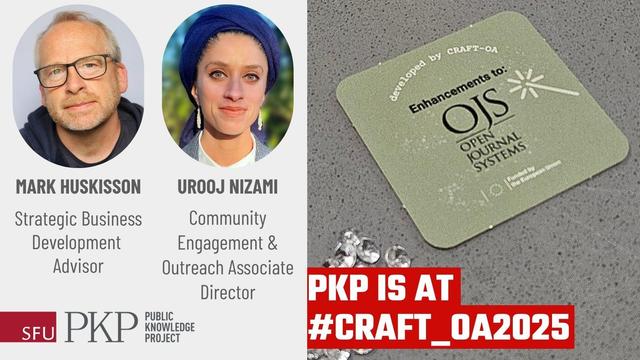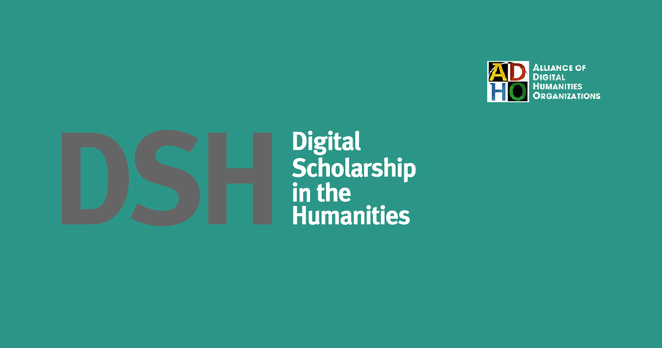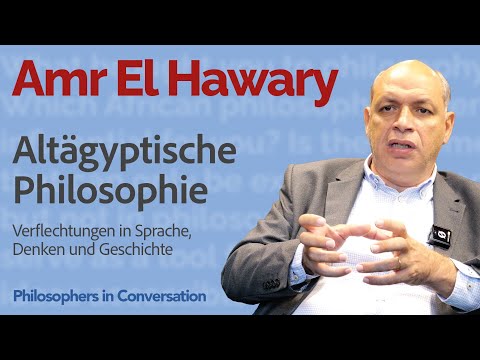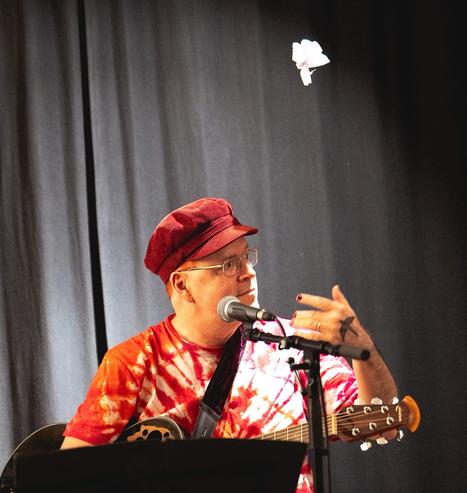👋 Let's connect at @craftoa Conference - Crafting the Future of #DiamondOpenAccess: Technical, Social & Political Perspectives of #ScholarlyPublishing
Urooj Nizami & @markhusk are there with many friends! Urooj will be on a panel re sustainable #OpenAccess & will co-present on Canadian OA policy.
Lots going on! #OpenJournalSystems, Diamond plugins, #Metadata, #Multilingualism, sustainability & much more.
Program: https://www.craft-oa.eu/craft-oa-conference-program/
Streaming: https://www.craft-oa.eu/craft-oa-conference-program/#Livestreaming





